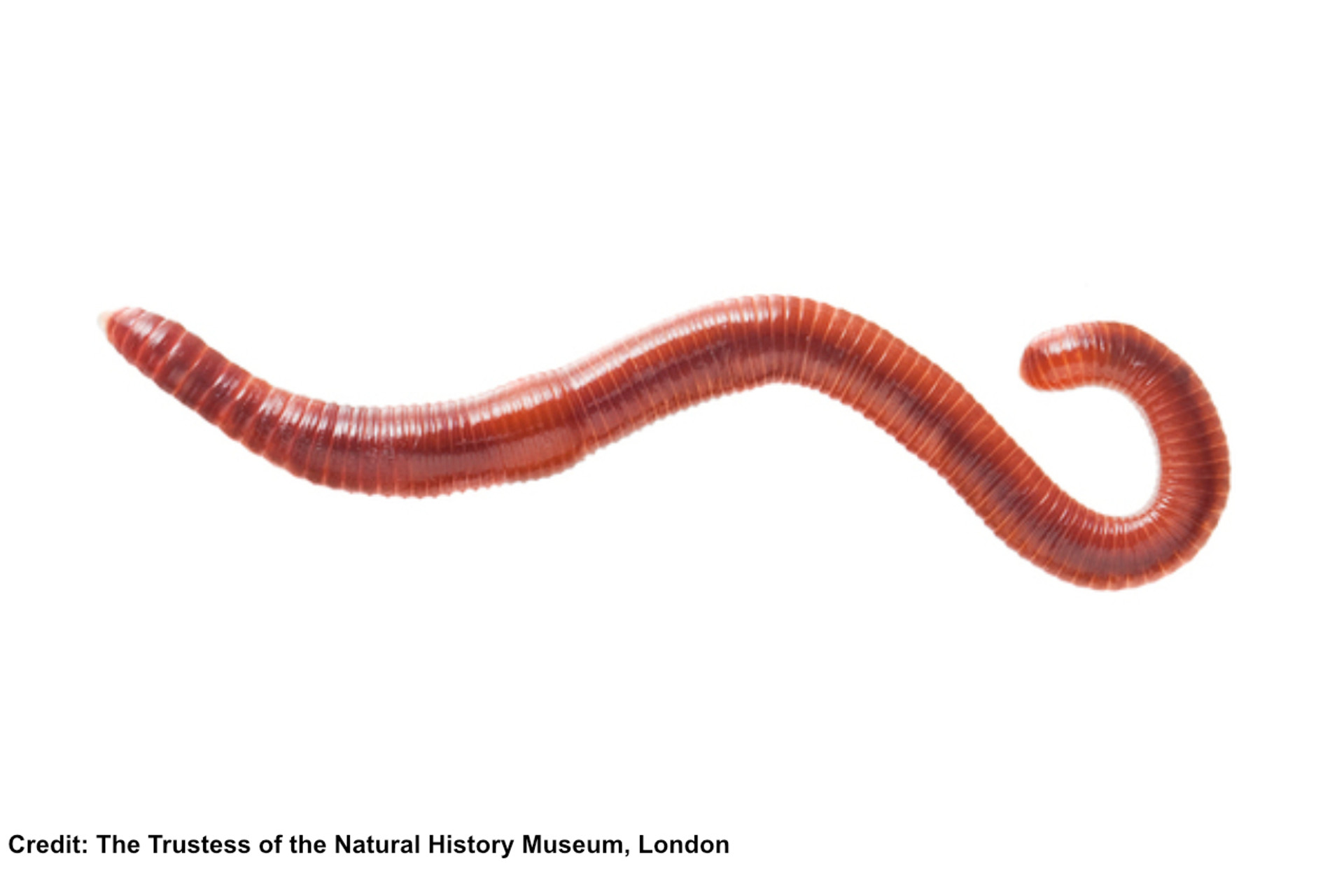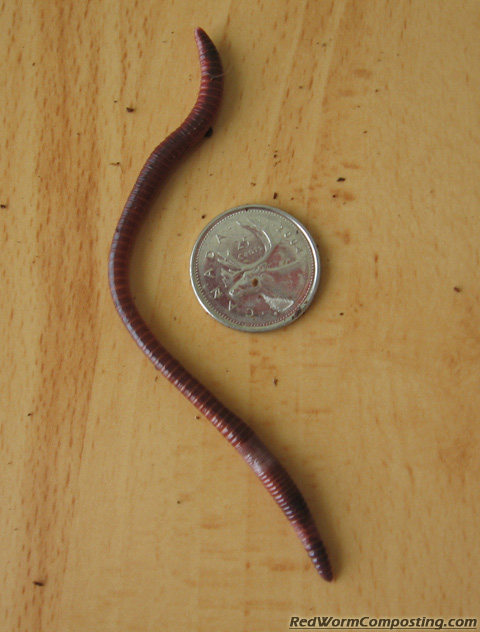Why Red Wigglers Are the Finest Option for Sustainable Horticulture
Red wigglers, typically recognized for their role in composting, provide an engaging situation for sustainable gardening with their special biological features. Their ability to convert organic waste into nutrient-dense vermicompost dramatically enhances soil fertility and framework, while their all-natural burrowing actions freshens the dirt, cultivating optimal conditions for plant origins.
Advantages of Red Wigglers

In addition, red wigglers add to nutrition biking. The microbial task linked with red wigglers help in the decomposition of natural product, cultivating a thriving ecosystem that benefits plants.
Additionally, making use of red wigglers in horticulture decreases waste, as they can consume cooking area scraps and various other natural products that would otherwise finish up in land fills. This not just lowers greenhouse gas exhausts however also supports the concepts of absolutely no waste. In verdict, the consolidation of red wigglers into sustainable horticulture techniques significantly enhances dirt health and wellness and promotes strenuous plant growth.
Composting With Red Wigglers
Composting with red wigglers is a lasting and effective method for changing organic waste right into nutrient-rich compost. These worms, especially the Eisenia fetida varieties, grow in decomposing matter and can consume their weight in natural material daily. This capacity not just increases the decay procedure however also boosts the overall efficiency of composting.
To start composting with red wigglers, one should develop an appropriate environment for them. A worm bin can be created from various products, including plastic or wood, and must include bed linen made of shredded paper, cardboard, or coconut coir. It is essential to maintain a well balanced diet for the worms, containing veggie scraps, fruit peels, coffee grounds, and crushed eggshells, while staying clear of dairy, meat, and oily foods, which can draw in insects.
Routine surveillance of moisture degrees and temperature level is important to make sure the worms remain healthy and balanced and effective. As they process the organic waste, red wigglers create vermicompost, a dark, crunchy material rich in helpful microbes. This vermicompost can be used to improve the effectiveness of garden compost systems, making them an invaluable property to any sustainable gardening endeavor.
Enhancing Dirt Wellness
Soil health is a foundation of lasting horticulture, as it straight affects plant development, vitamins and mineral schedule, and environment strength. Red wigglers, or Eisenia fetida, play a crucial role in enhancing soil wellness with their biological processes and natural behaviors. These earthworms consume natural matter, breaking it down into nutrient-rich spreadings that boost dirt framework and fertility.
The spreadings generated by red wigglers are bristling with valuable microbes, which help to even more decompose raw material see and make nutrients much more obtainable to plants. This microbial task promotes a diverse and balanced soil environment, vital for preserving soil wellness with time. In addition, red wigglers aerate the soil as they delve, advertising much better drain and root infiltration, which is crucial for healthy plant development.
In addition, the existence of red wigglers adds to the reduction of dirt erosion and compaction. Their task advertises the formation of secure dirt accumulations, enhancing the dirt's capability to keep moisture and nutrients. By incorporating red wigglers into sustainable horticulture techniques, her response gardeners can efficiently enhance dirt health and wellness, creating a durable foundation for a thriving and resistant yard community.
Supporting Plant Development
Healthy plants rely upon a diverse variety of elements, with nutrient availability being one of one of the most vital (Red Wigglers Free Shipping). Red wigglers, known clinically as Eisenia fetida, play a critical role in boosting vitamins and mineral accessibility through their distinct food digestion process. As these worms consume raw material, they break it down into nutrient-rich castings, which are an excellent source of important macronutrients and trace elements, such as nitrogen, potassium, and phosphorus
These castings not just give a readily easily accessible nutrient source for plants yet additionally enhance dirt structure, promoting better oygenation and water retention. This boosted dirt environment supports root growth, enabling plants to accessibility water and nutrients more efficiently.
Furthermore, the microbial activity connected with red wigglers adds to a thriving soil community. Beneficial bacteria thrive in the presence of worm castings, further enhancing nutrient biking and accessibility. Consequently, plants display enhanced growth, higher returns, and enhanced durability against diseases and pests.

Lasting Gardening Practices
Integrating red wigglers right into horticulture practices exemplifies a more comprehensive commitment to sustainability. These exceptional earthworms not just enhance soil fertility yet also line up with green approaches that reduce ecological influence. Sustainable gardening methods stress the usage of organic materials, reliable water management, and biodiversity, every one of which can be considerably boosted by the existence of red wigglers.
Firstly, red wigglers contribute to nutrient cycling with their food digestion of organic our website waste, transforming it right into nutrient-rich vermicompost. This improves the soil, decreasing the requirement for artificial fertilizers that can damage regional communities. Second of all, sustainable gardening advertises water conservation; when integrated with red wigglers, the boosted dirt framework raises water retention, thereby decreasing watering demands.
Red wigglers support a healthy and balanced environment by promoting microbial life in the soil, which in turn advantages plant health and wellness. In this way, red wigglers offer as an essential element of a sustainable horticulture technique, advertising environmental balance and durability.
Conclusion
Finally, red wigglers serve as an invaluable asset for sustainable horticulture, efficiently transforming organic waste right into nutrient-rich vermicompost. Their burrowing actions boosts soil oygenation and water retention, fostering a favorable atmosphere for plant development. By promoting microbial activity and reducing reliance on artificial fertilizers, these worms contribute considerably to ecological equilibrium. Embracing red wigglers in gardening techniques not only sustains dirt health however additionally aligns with wider environmental goals, consequently developing a foundation for sustainable agricultural techniques.
In the realm of lasting horticulture, red wigglers, or Eisenia fetida, deal numerous benefits that boost both soil health and plant growth. In conclusion, the consolidation of red wigglers into sustainable gardening techniques considerably improves soil health and wellness and advertises vigorous plant growth.

Sustainable horticulture promotes water conservation; when incorporated with red wigglers, the boosted dirt structure enhances water retention, therefore decreasing watering needs.
Accepting red wigglers in horticulture practices not just supports soil health and wellness yet also lines up with wider environmental objectives, thereby establishing a foundation for sustainable farming methods. Red Wigglers Free Shipping.